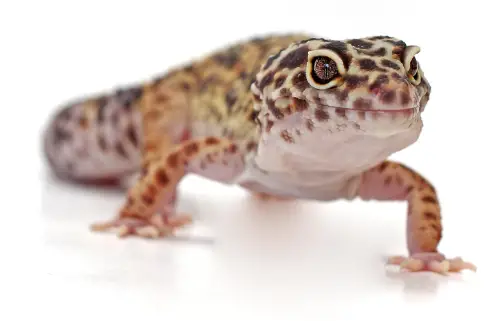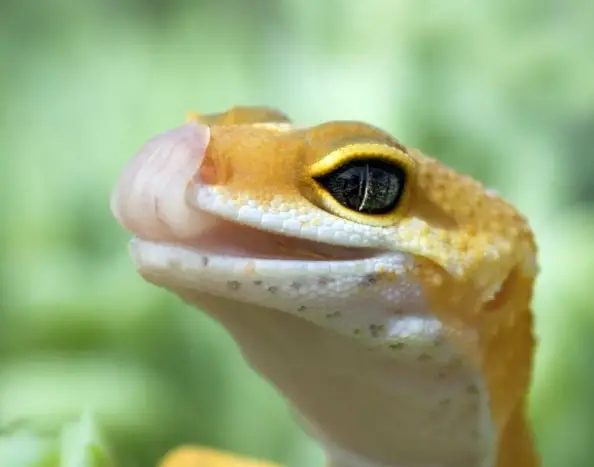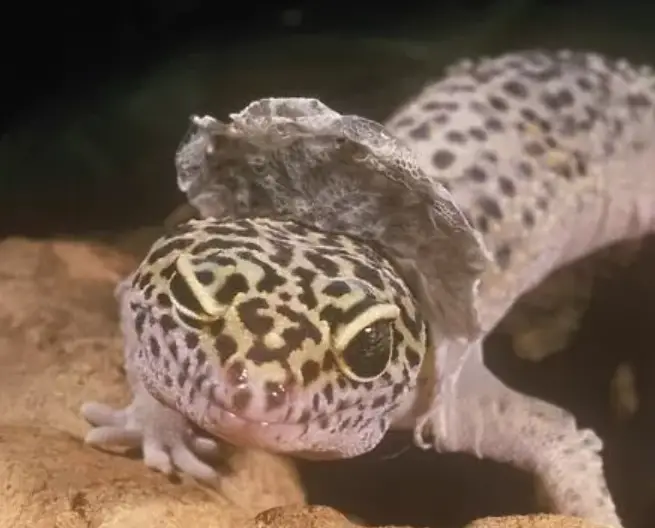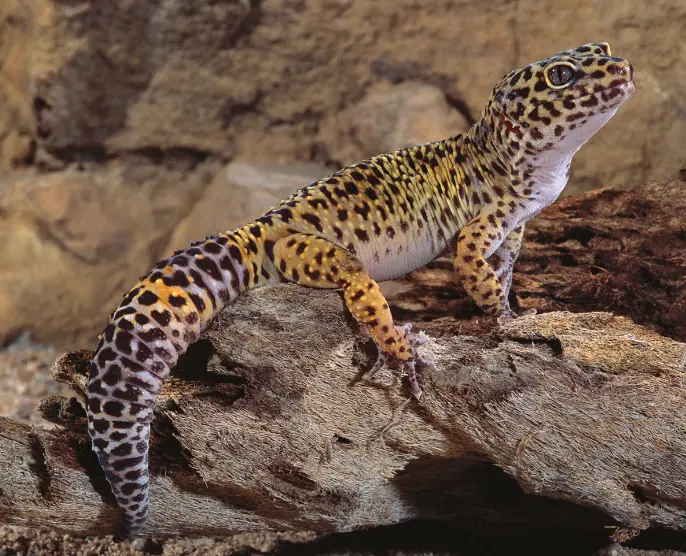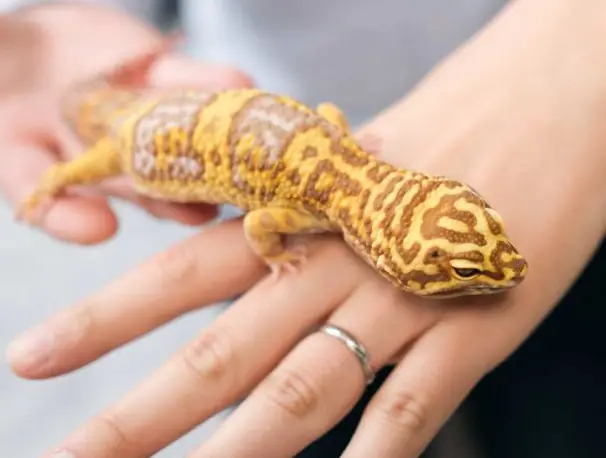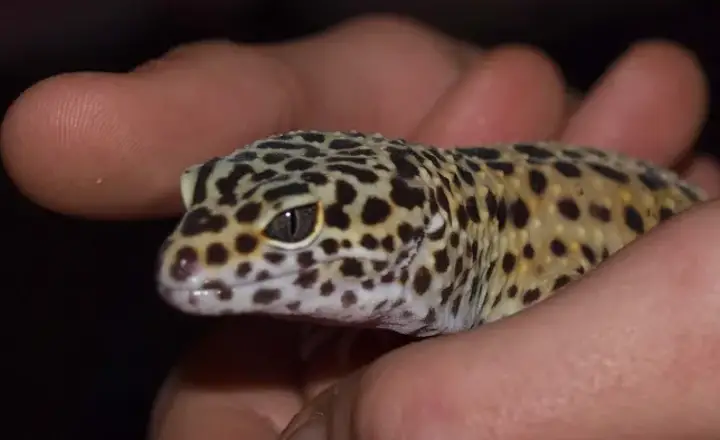Leopard Geckos are popular pets known for their vibrant appearance, low maintenance and friendly disposition. They are also quite picky eaters, preferring specific types of insects over others. But can leopard geckos eat insects caught in the wild? In this SEO-optimized article, we will explore the topic in detail to help you understand if it’s safe for leopard geckos to eat insects from the wild
What do Leopard Geckos Eat?
To better understand if leopard geckos can eat insects caught in the wild, it’s essential first to understand what they eat. These reptiles are insectivores, meaning that their diet primarily consists of insects. Their diet mainly comprises of:
– Crickets
– Mealworms
– Dubia Roaches
– Waxworms
– Superworms
These diets are commercially available, but it’s also possible to catch some of them in the wild.
Are insects caught in the wild safe for leopard geckos to eat?
Leopard geckos can eat insects caught in the wild. However, these insects come with risks. Some of the insects might carry pathogens, parasites and could have been exposed to pesticides or pollutants. Hence, it is crucial to ensure that the insects caught in the wild are free of these harmful substances before feeding them to leopard geckos.
What are the risks associated with feeding wild-caught insects to leopard geckos?
The risks associated with feeding wild-caught insects to leopard geckos include:
– Pathogens: Wild-caught insects may contain pathogens, causing diseases like salmonella. These pathogens may cause illness or even death to leopard geckos.
– Parasites: Wild-caught insects might carry parasites like mites, which may attach to leopard geckos and cause infection.
– Pesticides and Pollutants: Wild-caught insects might have been exposed to pesticides, which can be harmful to leopard geckos. Similarly, pollutants from contaminated environments can be harmful to them.
How can you ensure the insects caught in the wild are safe for leopard geckos?
To ensure the insects caught in the wild are safe for leopard geckos, you need to take some precautions. Here are some of the ways to ensure that the insects are safe:
– Avoid catching insects near roadsides, industrial areas or other areas where pollutants are present.
– Avoid capturing insects with insecticides.
– Allow insects caught in the wild to fast for several hours before feeding the leopard gecko.
– Quarantine the insects caught in the wild for two weeks to ensure they are healthy.
– Use gut loading and dusting techniques to enhance the nutritional value of the insects that your leopard gecko eats.
How can you gut load insects?
Gut loading insects involve feeding them a nutritious diet that enhances their nutritional value and makes them ideal for feeding leopard geckos. Here are some steps in gut loading the insects:
– Feed the insects a healthy diet with high nutritional value before feeding them to leopard geckos.
– Some of the good foods that can be used for gut loading are baby food, breakfast cereals, fresh fruits and vegetables, and alfalfa hay.
How can you dust insects?
Dusting insects involves coating them with a supplement that provides additional nutrients. Here are some steps in dusting the insects:
– Coat the insects lightly with a calcium dust supplement.
– Shake well to distribute the powder evenly.
– Feed the dusted insects to the leopard gecko.
What are the benefits of feeding leopard geckos gut-loaded and dusted insects?
Feeding leopard geckos gut-loaded and dusted insects provide several benefits, including:
– Enhanced nutritional value: Gut-loading and dusting insects enhance the nutritional value of the insects, making them ideal for leopard geckos.
– Improved digestive health: Gut-loaded insects improve the digestive health of leopard geckos.
– Reduced risk of metabolic bone disease: Dusting the insects with calcium supplements reduces the risk of metabolic bone disease in leopard geckos.
What kind of wild-caught insects can leopard geckos eat?
Leopard geckos can eat various types of wild-caught insects, but some of them are safer than others. Safest wild-caught insects that leopard geckos can eat include:
– Grasshoppers
– Crickets
– Moths
– Beetles
– Butterflies
What kind of wild-caught insects should leopard geckos avoid?
Leopard geckos should avoid eating wild-caught insects such as:
– Ants
– Fireflies
– Flies
– Spiders
– Wasps
Conclusion
In conclusion, leopard geckos can eat insects that are caught in the wild, but they come with risks. It’s essential to take precautions to ensure that the insects are free of pathogens, parasites, pesticides, and pollutants before feeding them to leopard geckos. Additionally, it’s crucial to gut load and dust the insects to enhance their nutritional value and promote optimal digestive health in leopard geckos. Overall, it might be a better option to stick to commercially available insects to ensure the health and safety of your pet.
